ecSI 2.0 Inventory: Qualifying Workshop
$60.00
A Workshop for Professionals by Jennifer Harris, RDN, LD, CEDS-C
Nutritionists, health, and mental health professionals have long depended on the Satter eating and feeding models as an effective and practical way to help parents be successful with feeding and adults be confident with their eating. Experience and research have shown that eating competence supports wellness outcomes. Persons with high eating competence scores as measured using ecSI2.0TM Inventory, do better with eating and overall health. They also do better with feeding their children.
Use this simple-to-administer, 16-question tool to guide your treatment plans and discussions with clients. Learn how to score, interpret, and use the Inventory in practice. Case scenarios are included to enhance experiential learning.
Practitioners and educators are required to obtain permission to use this assessment instrument. Completion of this workshop, including the quiz and application, meets this requirement.
AVAILABLE ON-DEMAND
Watch at your convenience, take the test when you have time. Purchasing below takes you to our automated system. If new to the Teachable platform, enrolling is free. Please direct inquiries to [email protected]
Approved for 2.0 Level II CEUs from the Commission on Dietetic Registration.
Clinical experience as well as research have shown that high levels of Eating Competence correlate with parents (and adult caregivers) success and confidence with feeding children according to Satter’s Division of Responsibility in Feeding, while simultaneously supporting adults’ eating, wellbeing and health outcomes.
In addition to evaluating a client’s level of eating competence, you can sub-score the ecSI2.0TM questionnaire to determine how to focus eating competence with your clients. The sub-scored categories include eating attitudes, food acceptance, internal regulation and contextual skills capacities. Low scores on the Inventory can also indicate eating disorder risk and inform that type of assessment as well.
The inventory is a valid measure of Eating Competence for low-income females and provides a tool for researchers and educators to assess intervention outcomes and further explore the Eating Competence construct.
By completing the workshop, you’ll become familiar with the tool ecSI2.0TM Inventory, practice scoring it, and learn how to focus your time and energy in session to help clients improve their eating. Case studies are included to illustrate the process.
Steps for obtaining permission to use the ecSI2.0TM Inventory include:
- Viewing the recorded virtual workshop
- Passing the quiz
- Completing the application, including the Critical Reflection tool.
Completing this process gives the learner lifetime access to use the ecSI2.0TM Inventory, along with access to the recorded workshop and all materials for 3 years. You'll have access to the English version of the tool as well as translated versions that are currently available.
Each clinician in an organization is required to complete these steps in order to use the tool in practice.
Group, student and equity discounts are available by writing to [email protected].
Objectives:
As a result of completing the ecSI 2.0™ Inventory: Qualifying Workshop you will be able to:
- Understand the definition and evidence for the Satter Eating Competence Model
- Understand how ecSI 2.0™ Inventory informs primary, secondary and nutrition education interventions
- Learn how to administer, score, and interpret the ecSI 2.0™ Inventory
Possible CDR Performance Indicator(s) include:
Sphere 9: Education and Counseling
9.2: Establishes, develops, and implements program outlines and learning plans to meet the needs of individuals, groups, communities, and populations.
9.2.1: Evaluates learning needs of individuals and target groups.
9.2.4: Collaborates with learnings and colleagues to formulate specific, measurable, and attainable objectives and goals.
9.5: Evaluates the achieved learning and delivery methods when delivering education to individuals, groups, and populations.
9.5.1 Develops and uses evaluation instruments to assess education outcomes.
9.6: Applies behavior theories in nutrition counseling.
9.6.8 Develops counseling or coaching goals in collaboration with clients.
Additional information
| Weight | 13 lbs |
|---|---|
| Dimensions | 10 × 11 × 12 in |

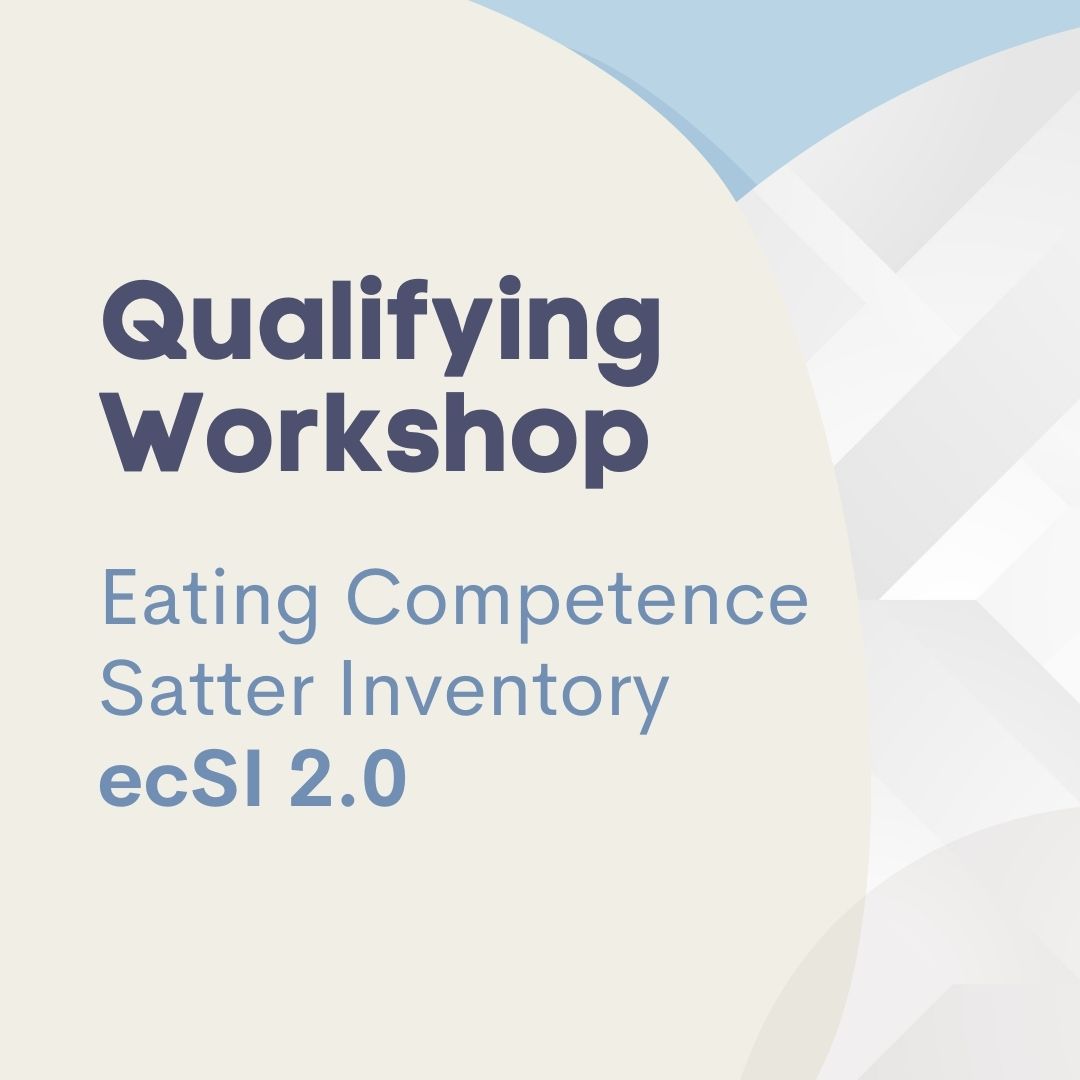

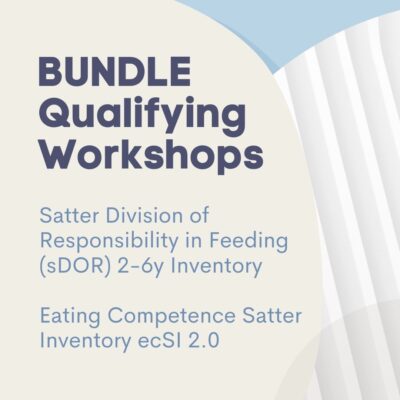
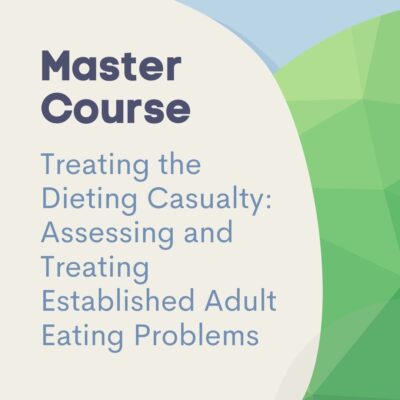
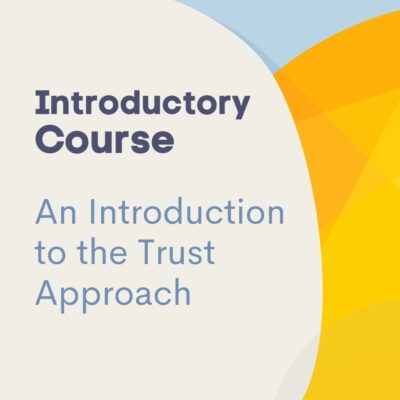
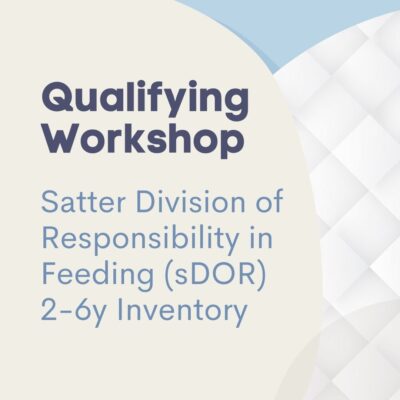
Reviews
There are no reviews yet.